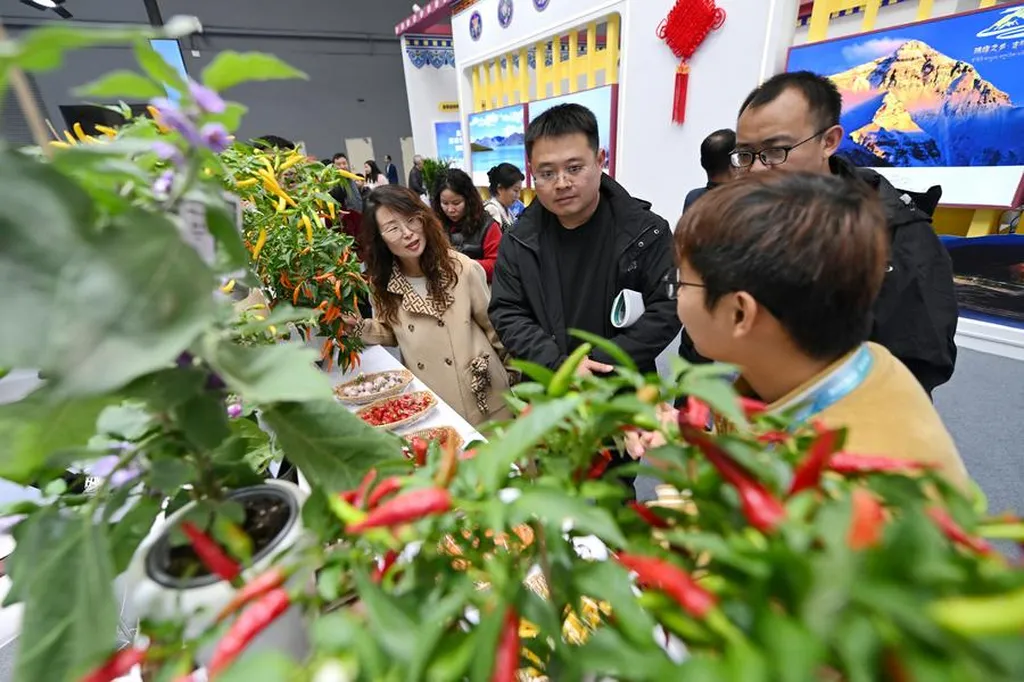The China Yangling Agricultural High-tech Fair, now in its 32nd year, has once again brought together a diverse array of agricultural innovators, this time with a notable focus on international cooperation. The event, held in Shaanxi province, has become a significant platform for the Shanghai Cooperation Organization (SCO) agricultural base, fostering technology exchange and talent training among member states.
Over the past five years, the SCO agricultural base has grown rapidly, becoming a major hub for agricultural technology cooperation. Oleg Kopylov, deputy secretary-general of the SCO, highlighted the base’s vital role in promoting exchanges of agricultural technologies and expertise. He noted that China has significantly contributed to this development, providing intellectual, material, and technological resources.
This year’s fair, which runs from Saturday to Wednesday, has attracted more than 1,800 enterprises and institutions from nearly 50 countries. The event showcases a wide range of innovations, from smart farming and green agriculture to food processing and digital solutions. Among the highlights is Zhejiang TOP Cloudagri Technology’s portable crop-health augmented reality analysis system. This system integrates artificial intelligence, augmented reality, and the internet of things, offering features like voice-controlled management of agricultural devices, pest and disease identification, and real-time operational guidance.
Another notable innovation is Shenzhen Zhongnong Jiemei Technology Co’s enzyme-based process that converts crop straw into high-value industrial products. The company’s co-founder and chief technical expert, Zang Lihua, emphasized the technology’s zero waste, low energy consumption, and high-value utilization. The company plans to expand into Belt and Road Initiative countries and regions rich in straw resources, such as Central Asia, Canada, and Australia.
Foreign exhibitors also underscored the Yangling Agricultural High-tech Industries Demonstration Zone’s growing global appeal. Said Suleimen, an entrepreneur from Kazakhstan, showcased his company’s confectionery products, aiming to introduce Kazakh sweets to the Chinese market. He praised the fair’s organization and expressed confidence in attracting visitors and partners.
Kopylov reflected on the fair’s expanding scale, noting that the increasing number of exhibitors proves Yangling’s evolution into a global center for agricultural technology and knowledge exchange. He mentioned that only a few companies joined the annual fair at the beginning, but now participation grows year by year, validating the decision to develop Yangling into an international platform.
The fair’s focus on international cooperation and technological innovation underscores the growing importance of global collaboration in addressing agricultural challenges. As the world faces issues like climate change, food security, and sustainable development, such platforms become crucial in fostering exchange and innovation. The China Yangling Agricultural High-tech Fair continues to be a testament to the power of international cooperation in driving agricultural progress.

